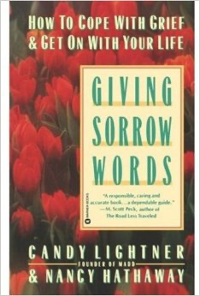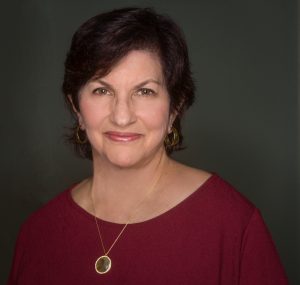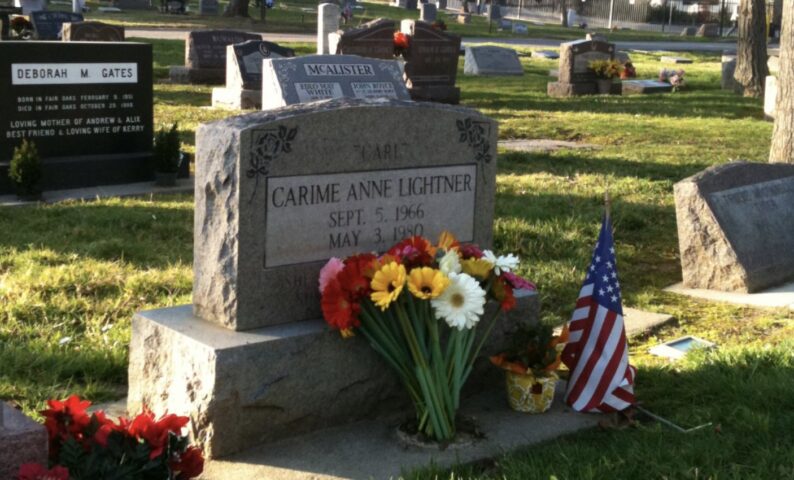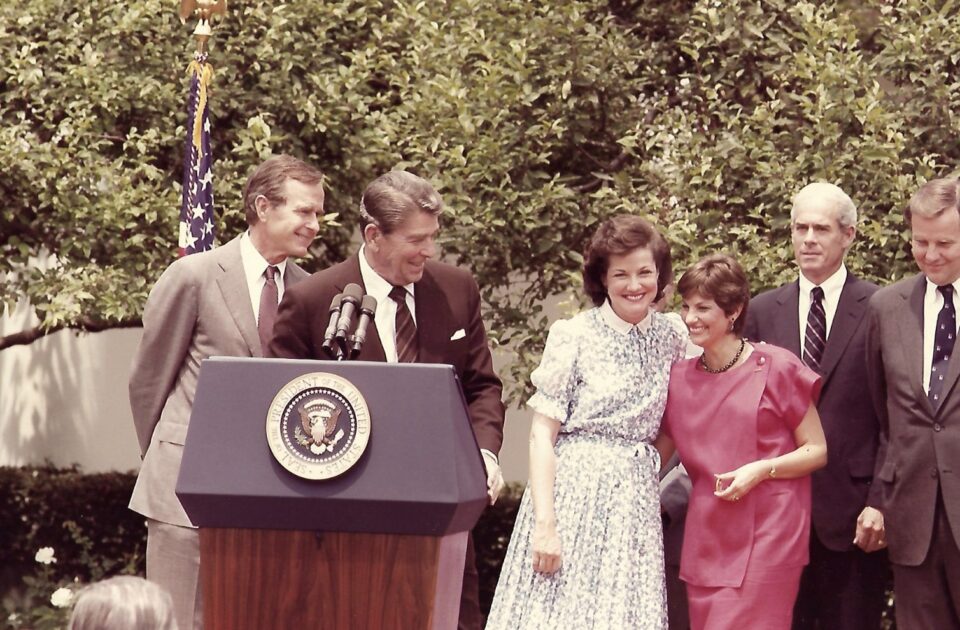- WE SAVE LIVES
- info@wesavelives.org
Coping with Grief During the Holidays

In Memory of Carime
May 1, 2024
Simple Tips for Safe Holiday Hosting
December 14, 2023 “Mourning is the most intense process that most people ever go through. Grief is complex, unpredictable and primal. Many people are frightened by it-frightened by feeling it, frightened by seeing in others. Fortunately, there are ways to move through it, and those ways all involve expressing your feelings. If you act upon your grief, you will make room in your life and in your heart for hope and happiness. If you suppress it, it sticks around forever. However, unpleasant or disturbing some of those feelings may be, there is no benefit in trying to ignore them.”
This is the first paragraph of Chapter 12 in my book co-written with Nancy Hathaway, entitled Giving Sorrow Words: How to Cope with Grief and Get on with Your Life.
As we approach the holidays and I see more and more people posting remembrances on our Facebook pages, I am reminded of these words over and over again. This year our grief is compounded by world and local catastrophes, violent country invasions, political differences, increased crime, and so much more. Every day the headlines bring more bad news than good and remind us all of how fragile life is.
The holidays are an especially difficult time for those of us whose loved ones have died no matter the circumstances. I personally think it’s even worse when those tragedies and anniversaries occur around this time of year or any holiday for that matter.
My daughter, Cari, was killed just before Mother’s Day and I remember how impossible it was for me to function that day. I didn’t want any of the affection given to me by my two remaining children. I didn’t want breakfast in bed, or Mother’s Day cards; I just wanted to crawl into a hole and not feel any more pain. It was difficult for all of us. I will never forget the first Christmas after Cari’s death. The district attorney sent me an envelope with her bloody clothes inside, that included a form letter telling me that now that the case had been resolved, her clothes were no longer needed as evidence. I broke down, sobbed, then got angry, and called them up and gave them a piece of my mind for their insensitivity. All this to say that while some days were tolerable, most (especially in the beginning) were not, and the only way I managed to get through it was taking each day, one step at a time.
I would like to share some things I have learned over the years that have helped me and those I work with who are also grieving. Some of what I would like to share came from the grief facilitating I have done, and even more when I was researching my book. We interviewed hundreds of people and attended a number of grief conferences plus I have faced numerous losses in my own life. I often feel like I have become an unintended “expert” in grief.
First, grieve and then grieve some more. One of my Advisory Board Members, Dr. Linda Tucker, tells me that “what often prevents people from feeling the depth of whatever it is they’re feeling is that they’re afraid they’ll get stuck there.” I say, quit worrying about how long it has been. In my humble opinion and experience, there is no such thing as the five stages of grief. My book breaks grief down in 3 stages, the beginning, the middle and the rest of your life.
Second, share your feelings, especially with anyone who has a good heart and is willing to listen. Talk about your child, parent, partner or friend, and recite your memories, and by all means remember them. Hope Edelman states in her book, “The Story of a shared life, after all, is much richer and more elaborate than the story of how a life ended.” The After Grief: Finding Your way Along the Long Arc of Loss,
Feel anger, if you are angry. Many of us are. Anger at the person who took your loved one’s life, anger at your loved one for dying and in my case, anger at the system who allowed my daughter’s killer to continue to drink and drive on a valid California driver’s license after numerous arrests and convictions.
Keep a journal if you think that will help. Write your loved one a letter saying the things you didn’t say when they were alive. We are all too familiar with the guilt, and what I call the “if only syndrome.” If only, I had waited and taken her to the carnival, if only I hadn’t let him drive, if only, if only. We are not God and we cannot control the universe although heaven knows I have tried. It will all take time, but relief or glimpses of it do happen in time. I had to keep telling myself I didn’t kill Cari, Clarence William Busch did.
Try not ignore the holidays. Wrap your loved one a present if it will make you feel better and put it under the tree. Light a candle and or put a Christmas ornament on the tree in their memory. Perhaps while you are having your holiday dinner, you could all share a story about your loved one that evokes a special memory or makes you laugh. I found travelling during the holidays didn’t help, but creating new traditions did. Do something special in your loved one’s memory. Perhaps instead of having Christmas dinner, feed the homeless at a local shelter, or contribute to a cause in their name. My family did that one Thanksgiving as our family started dwindling due to deaths and divorce. It helped us. Do what feels best for you. What I have learned is giving helps me more than being given to.
If celebrating is simply too painful then don’t. I skipped Mother’s Day, Thanksgiving and the first Christmas after Cari died. I give you permission to do the same. All of those holidays will come around again, and you can celebrate when and if you feel ready.
Make the most of symbolism. Every year on the anniversary of Cari’s death I throw flowers into the ocean. If I am not near an ocean, I find a body of water such as a stream or river. During COVID-19 two of my friends joined me and with our masks on we walked over to the bridge near my home and dropped roses into the water. I no longer live near her grave so I will also take flowers and put them on someone else’s grave where I now live. I also have flowers sent to her grave. All of this helps me to feel closer to her and my memories of her.
Be open to the paranormal. I saw Cari after she died, and I was not alone. Those memories stay with me whenever I wonder how she is. I met many people in my interviews who also had after death experiences with their loved ones. There were some fascinating stories and it amazed me how many would start by saying, “you may think I’m crazy or I have to tell you I am not religious but . . . . “
Ask for help if you need it. Grief is not a mental illness. It is a human response to loss. It is a normal part of life. Most of us grieve normally (whatever that is). We are not sick and losing a loved one is something we never forget. I want to upchuck every time I hear that word (“sick”) associated with grief. We don’t” heal” from grief. Grief is not an illness. Losing a loved one is a normal part of living. The loss stays with us. We may move forward, but it isn’t unusual to come back to it from time to time. Grief is a gift that helps us cope with death. As we say in Giving Sorrow Words, “Death takes away. That’s all there is to it. But grief gives back. By experiencing it, we are not simply eroded by pain. Rather, we become larger human beings, more compassionate, more aware, more able to help others, more able to help ourselves. Grief is a powerful alchemy. It plunges us into sorrow and forces us to face the finiteness of life, the mightiness of death, and the meaning of our existence on this earth.”
I have lived this one: Remember you are likely to have other family members who need you or who are grieving, too, so try to include them in your grief journey.
Most importantly, take care of yourself. Get plenty of rest, pamper yourself when possible, and do something pleasurable. Watch a movie that makes you laugh. The movie, “Pretty Woman” was my solace after my father died. It was the perfect antidote to all the pain I was feeling. I do believe in laughter and the saying that laughter is the best medicine is true, at least for me. I understand that it takes a while for some of us to get to that point, but it has always helped me get through the darkest of times.
When we were at Cari’s funeral, the family sat behind the stage and we could hear everyone sniffling. We couldn’t see anyone but we could hear the sniffles. My ex-husband who was very witty turned to us all and said “I wish I had the Kleenex concession.” We all chuckled, and I knew at that moment I would survive. Believe me there were times when I didn’t think I would. That was a defining moment for me – that I could laugh in the midst of such unbearable pain. It meant that I was going to make it.
I hope this helps as you deal with this particular time of year. I still miss Cari. She loved Christmas and I will always have the memory of her on the phone, Christmas day, listening to her friends talk about their gifts and her exclamations of joy at what they were getting. Of course, she had to run right over to their homes so she could check them out. She will always be with me, but now instead of just focusing on how she died, I try to concentrate on how she lived and the joy she brought into our lives. I hope you can do the same and if not yet perhaps next year.
 Candace Lighter, Founder
Candace Lighter, Founder
We Save Lives
Mothers Against Drunk Driving
Author, “Giving Sorrow Words: How to Cope with Grief and Get On with Your Life.





1 Comment
Some of us who are alone in grief have relied on the constant, unconditional love of our dogs . These little loving busy bodies keep us occupied by loving them back and caring for their needs too.